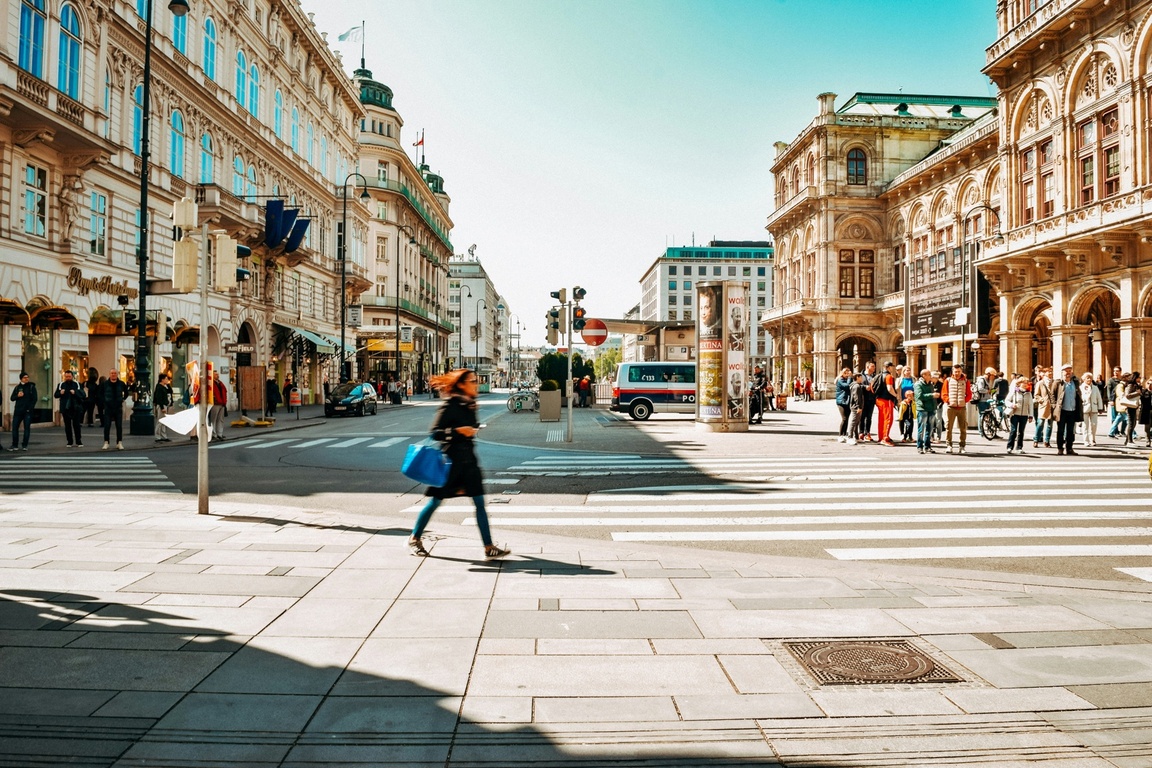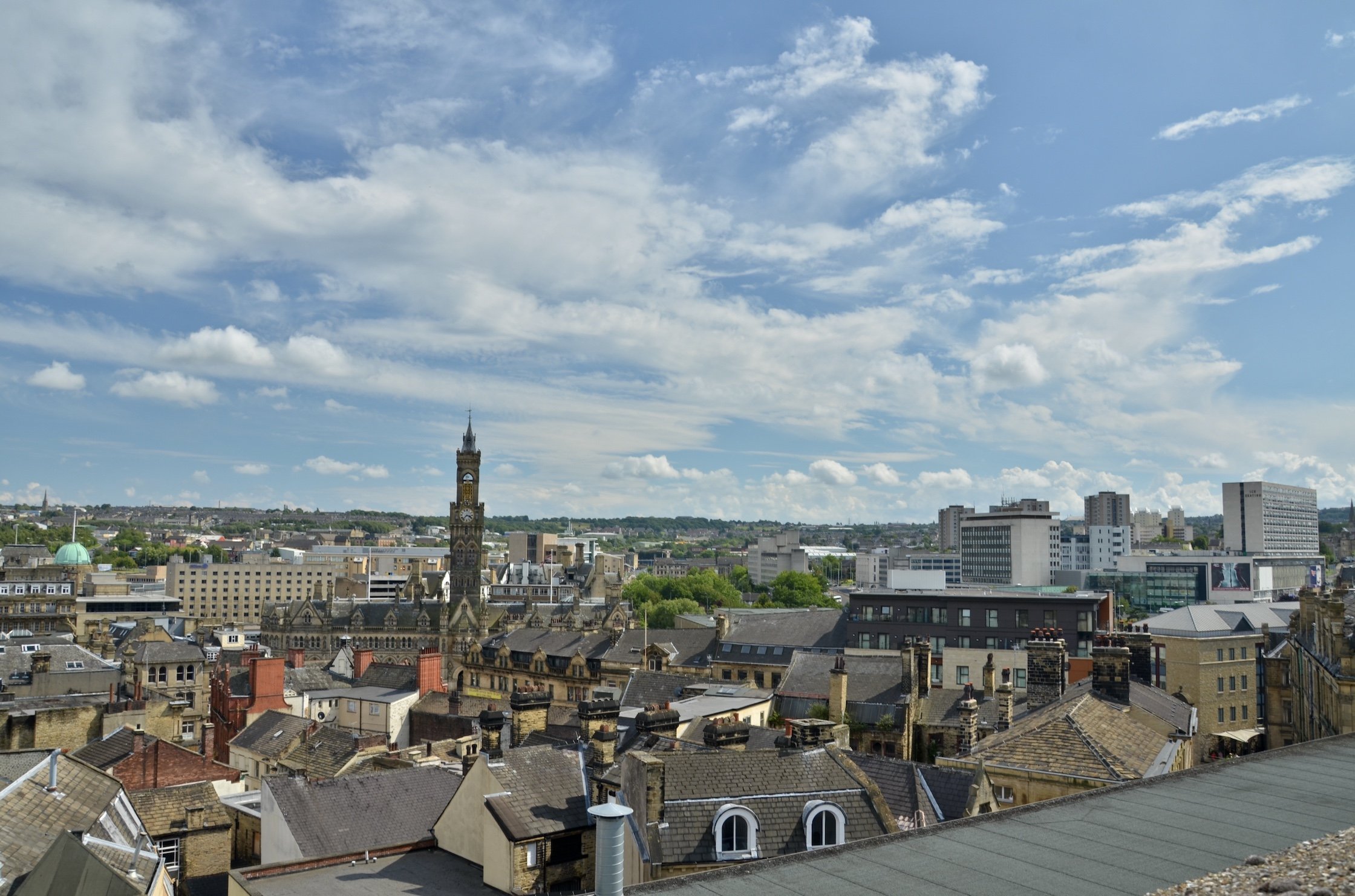Now Reading: Fighting the Airbnb Effect: What Vienna Is Doing Right
-
01
Fighting the Airbnb Effect: What Vienna Is Doing Right
Fighting the Airbnb Effect: What Vienna Is Doing Right

In cities such as Zurich, Barcelona, and Bari, entire apartment buildings are being transformed into Airbnb hubs. However, Vienna has successfully bucked this trend by implementing strict regulations early on that emphasize the primary purpose of apartments as places to live, not investment assets. Short-term rentals in residential areas are only permitted with official approval, which is seldom granted, safeguarding both tenants and social cohesion. A national rental register is now being planned at the federal level to further address this issue.
What initially began as a casual couchsurfing platform has evolved into a lucrative business model, with investors in various cities acquiring entire buildings for rental on platforms like Airbnb. Vienna’s Deputy Mayor of Housing, Kathrin Gaal, stresses the importance of homes being utilized for living rather than profit-making tools.
Vienna has set clear guidelines to restrict short-term rentals, including a maximum 90-day cap per year since 2024. Those seeking to exceed this limit must obtain a special permit, a rare occurrence in residential areas. The city has established a dedicated unit to investigate illegal listings, with potential fines reaching up to €50,000.
Vienna’s proactive approach has led to over 400 reported suspected illegal listings in a single district in 2023, with a city-wide total of around 1,400 cases. The “Homes not Hotels” campaign allows residents to anonymously report suspicious rentals, with penalties imposed on violators, including the reimbursement of unlawfully earned profits.
While Vienna has adopted effective measures, many municipalities lack the legal framework to regulate short-term rentals. The Austrian government is working on a national online register for tourist accommodations to provide insight into listings on platforms like Airbnb. This initiative is supported by the Austrian Association of Cities.
The impact of Airbnb on housing markets has been evident in cities like Zurich, where a lack of regulations has led to over 2% of apartments being listed on the platform, causing housing shortages and rent hikes. Various cities are taking steps to counter this trend, such as Barcelona requiring special licenses for rentals, Paris imposing a 120-day limit, and Amsterdam restricting tourist rentals to 30 nights per year.
Cities are increasingly recognizing the need for regulations to prevent the negative effects of the “Airbnb effect” and preserve their housing markets and neighborhoods’ integrity.






